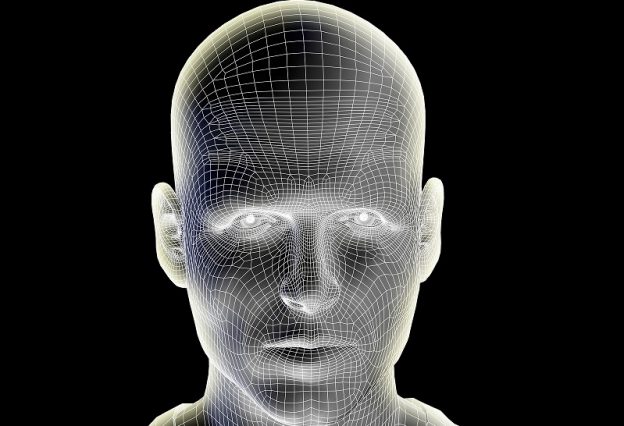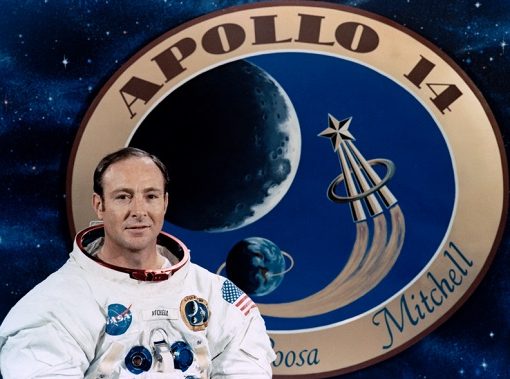
Is there a relationship between how we perceive human beings (biological machines vs. spiritual beings) and in the way we treat each other? Are die-hard materialists who see human beings are nothing but biological machines more likely to be tolerant of torture, euthanasia and selling human organs for profit? If human beings are nothing but biological machines, should we treat them any differently from cows or sheep, there for our exploitation?
Religions have often maintained that without a spiritual view, people are more likely to mistreat each other; that the dignity of the human being is being undermined by today’s science. In a recent essay, John H. Evans, professor of sociology at the University of California, San Diego suggests that this is indeed the case. Furthermore, he cites field research to support his view.
Evans conducted a survey of 3,500 people, whom he asked about their views of human nature — machine, man made in God’s image or endowed with consciousness? Respondents also gave their views on — whether people who are terminally ill should be persuaded to commit suicide in order to save money? Should one torture people if we think we can save lives that way? Or should we take blood from prisoners without their consent, in order to top up blood banks? People who had materialistic views tended to support those positions. However, only about 25% of his respondents viewed human beings as nothing but biological machines. So the above views were not held by most people.
Evans concludes, Whenever we talk about the biological view of humans, we must also say that it does not mean we should treat people like machines. Dawkins, to his credit, often does this in interviews, but he should redouble his efforts. Yes, the public is apparently making the mistake of mixing up an “is” (what humans are) with an “ought” (how they should consequently be treated). But academics need to be attuned to the fact that some ideas have unintended consequences.
John Evan’s latest book What is a Human? What the answers mean for human rights (Oxford University Press) discusses in depth the results of his survey.
PMK




